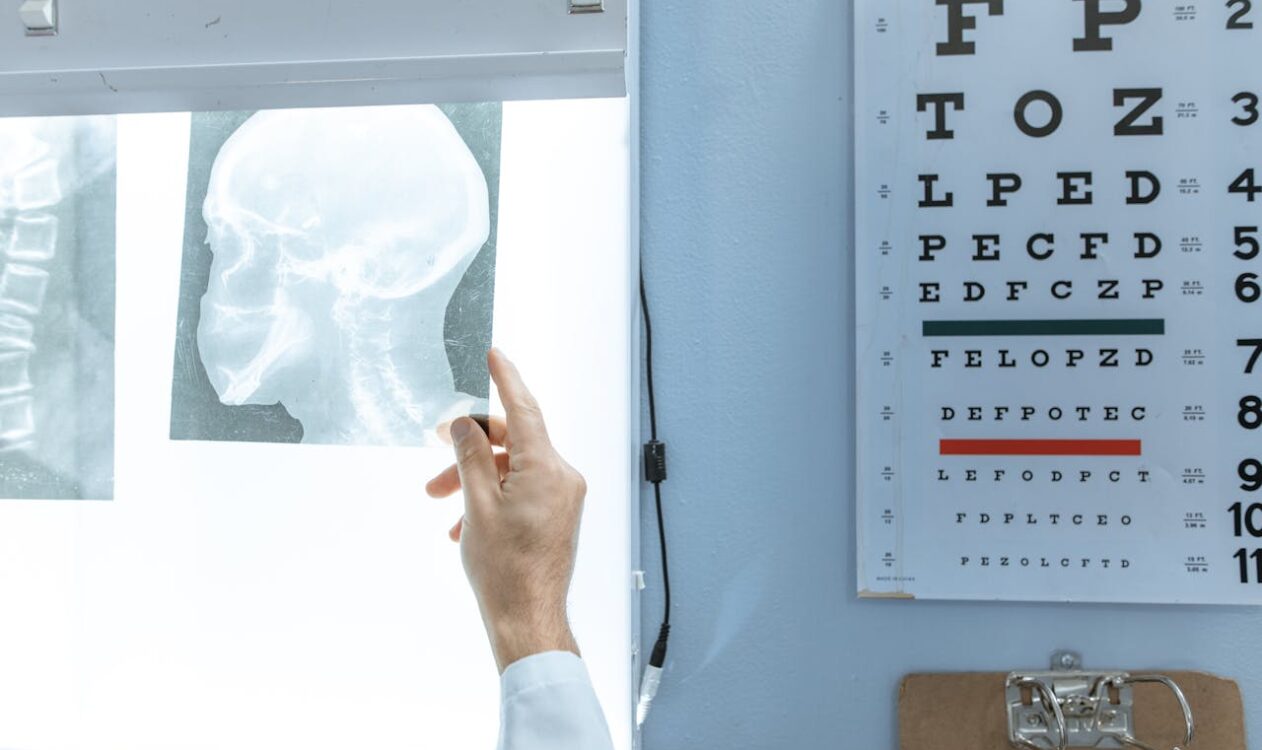A 2024 StatPearls study published by the National Library of Medicine detailed how as many as 400,000 hospitalized patients experience some type of preventable harm every year.
When we seek medical care, we trust medical professionals to provide competent treatment that improves our health and well-being. Unfortunately, mistakes do happen, and, as patients, we can suffer harm because of them. When it comes to filing legal claims for injuries or harm caused by healthcare providers, it’s important to understand the differences between medical malpractice and medical negligence.
While these two terms are related, they have distinct legal meanings that impact how claims are handled in court. Knowing the difference can help you determine the appropriate course of action if you or a loved one has been harmed.
Defining Medical Negligence
Medical negligence is when a healthcare provider fails to meet the standard of care that a reasonable professional in their position would provide. This failure, whether through an action or omission, results in harm to the patient.
It’s important to note that negligence doesn’t necessarily mean intentional wrongdoing but is typically associated with unintentional errors or lapses in professional judgment.
The four key elements of medical negligence include:
- A Duty of Care: The healthcare provider owed you a duty to care as their patient.
- Breach of Duty: The provider failed to act in accordance with the commonly accepted standard of care.
- Causation: That failure led directly to your injury or harm.
- Damages: You suffered measurable harm from this injury, such as physical damage or financial loss.
What Is Medical Malpractice?
Medical malpractice is a specific kind of negligence that happens in the healthcare industry. It refers to instances where medical professionals, like doctors, nurses, or surgeons, deliberately deviate from the accepted standard of the medical, resulting in harm to a patient.
Unlike general negligence, medical malpractice can be more complicated. You must prove that the healthcare provider purposely ignored the accepted standard of care expected in their field and that it was this choice that was the direct cause of your injury or illness.
Key Differences Between Negligence and Medical Malpractice
Though medical negligence and malpractice share similarities, several factors set them apart:
Intent and Severity
Medical negligence usually involves mistakes or unintentional oversights, while malpractice typically implies reckless and deliberate disregard for the standard of care. Malpractice is more likely to involve conduct that is considered particularly egregious or harmful.
Legal Consequences
Both negligence and malpractice lead to a great number of lawsuits, but malpractice claims are generally more complex, requiring more extensive evidence to prove recklessness or gross incompetence.
Why Understanding the Difference Matters
Understanding the distinction between medical malpractice and negligence is critical for both victims and their legal advocates. It can influence not only how a claim is presented but also the evidence that’s required and the potential amount of compensation that may be awarded.
Understanding the nature of the harm can help determine the best legal course of action. For instance, cases of malpractice may involve punitive damages aimed at discouraging similar reckless behavior in the future.
Examples of Negligence vs. Malpractice
To make these distinctions more clear, here are a couple of scenarios to consider:
- Medical Negligence: Let’s say a hospital worker forgets to sanitize some surgical equipment before it’s used, leading to you developing an infection. The mistake was unintentional, stemming from a lapse in protocol, not deliberate intent.
- Medical Malpractice: Your doctor knowingly prescribes you a new medicine even though they’re aware of your severe allergy to that type of drug, and it results in a life-threatening reaction. The doctor’s choice reflects a reckless and deliberate disregard for your well-being.
Medical negligence and malpractice share common ground but differ in intent, severity, and legal ramifications. While negligence typically involves unintentional errors, malpractice reflects a higher degree of recklessness or gross incompetence. Understanding these differences is vital for pursuing a legal claim when you’ve suffered medical harm.
A Lawyer Can Help You Understand These Concepts And Whether They Apply to Your Case
An experienced medical malpractice attorney can help you understand and navigate the legal processes involved in your case and determine whether it involves negligence, malpractice, or both. They can gather evidence, coordinate expert testimony, and fight for your rights to achieve the best possible outcome and maximum compensation.
By working with knowledgeable legal professionals, you can ensure that your rights are protected and that you receive the compensation you deserve for your injuries.
If you’ve been injured in a healthcare setting and you’re unsure which category your situation falls under, feel free to reach out to the medical malpractice experts at Prochaska, Howell & Prochaska LLC.








